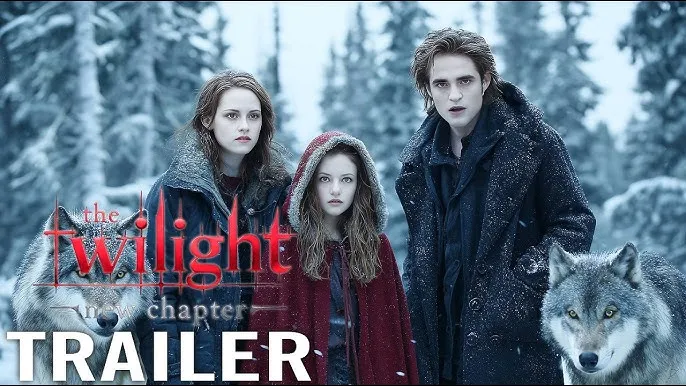In a world without cure, survival is the only law — and mercy is the deadliest sin.
In the shadow of a collapsing civilization, Carriers (2009) unfolds like a bleak road odyssey through the ruins of humanity. A deadly, highly contagious virus has stripped the world of order, leaving only fragments of survivors who cling to their own codes of survival. Four young travelers — Danny, his brother Brian, Brian’s girlfriend Bobby, and childhood friend Kate — set out across an empty, plague-ravaged America in search of safety. But the road offers no sanctuary; it only tests the boundaries of loyalty, love, and morality.
The film strips away the glamour of survival stories and replaces it with raw, unforgiving realism. Here, infection isn’t just a biological threat but a moral one: every human connection risks annihilation. The group’s code is simple and brutal — avoid the infected at all costs. Yet in a world where mercy can mean death, and selfishness is often the only guarantee of survival, their pact becomes increasingly fragile. As encounters with strangers turn into trials of conscience, the virus isn’t the only thing tearing them apart.
What makes Carriers haunting is its quiet despair. It isn’t a story about finding a cure or defeating the epidemic. Instead, it is about the slow unraveling of human bonds when survival demands impossible choices. Brothers clash over compassion versus pragmatism, lovers find their promises tested, and friends discover the terrifying cost of trust. Every decision is a fracture, every kindness a potential death sentence.

Visually stark and emotionally unrelenting, the film captures the emptiness of highways, abandoned towns, and the silence of a world stripped of life. Yet within that silence, the loudest echoes are the questions we ask ourselves: What would we do to survive? Who would we sacrifice? And when the rules of humanity no longer apply, what remains of being human?
By its end, Carriers leaves not comfort but a lingering ache — a reminder that in the face of extinction, the greatest contagion is not the virus itself, but the fear and desperation inside us.



-1750745268-q80.webp)